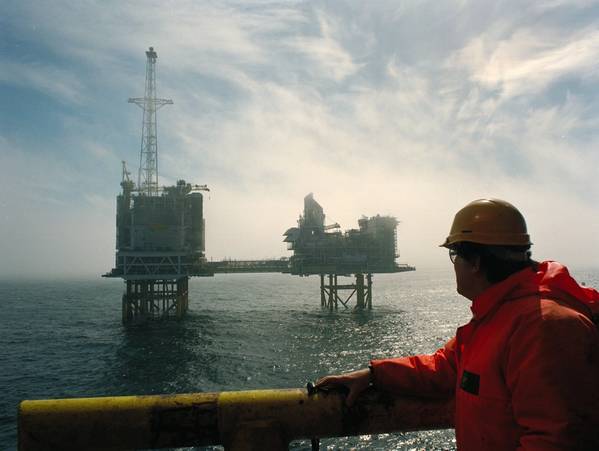
British oil major BP plans to invest up to £18 billion (around $22,47 billion) in the UK’s energy system by the end of 2030, with the investments including North Sea oil and gas, as well as offshore wind, EV charging, hydrogen, retail and carbon capture, and storage.
"As one of the largest oil and gas producers in the UK, BP intends to continue investing in North Sea oil and gas, while driving down operational emissions. BP is also in action on a range of lower-carbon energy investments in the UK, which are expected to bring jobs and develop new skills and capabilities," the company said.
Bernard Looney, chief executive officer, bp, said: “We’re backing Britain. It’s been our home for over 110 years, and we’ve been investing in North Sea oil and gas for more than 50 years. We’re fully committed to the UK’s energy transition – providing reliable home-grown energy and, at the same time, focusing on the drive to net zero. And we have ambitious plans to do more and to go faster. Our plans go beyond just infrastructure - they see us supporting the economy, skills development, and job opportunities in the communities where we operate. We are all in.”
"These projected investment figures are in addition to BP's significant operating spend in the UK. In 2019, prior to the pandemic, an estimated 0.5% of UK GDP was supported by BP's activities," the company said.
BP also said it anticipates paying up to £1 billion in taxes for its 2022 North Sea profits, on top of around £0.25 billion that it has paid annually in other taxes in the UK in recent years.
When it comes to the North Sea oil and gas investments, the company said it planned to develop lower-emission oil and gas projects to support near term security of supply, for example, at the Murlach, Kate, and Mungo fields around the BP-operated ETAP hub in the central North Sea and the Clair and Schiehallion fields West of Shetland; investing in exploration around its existing North Sea hub, and progressing asset electrification projects in the Central North Sea and West of Shetland to further reduce operational emissions and supporting the North Sea Transition Deal.
The company is also working to develop offshore wind farms in the Irish Sea and in the North Sea off Scotland, which could power 6 million UK households each year. It is also planning to invest £1 billion in electric vehicle charging in the UK over the next 10 years, as well as building blue and green hydrogen production plants (1.5GW by 2030), and is leading the Northern Endurance carbon capture and storage partnership to serve the East Coast Cluster (ECC).
The ECC has recently been named as one of the UK’s first CCS projects and aims to remove nearly 50% of all UK industrial cluster CO2 emissions. The planned investments are expected to create thousands of new jobs.